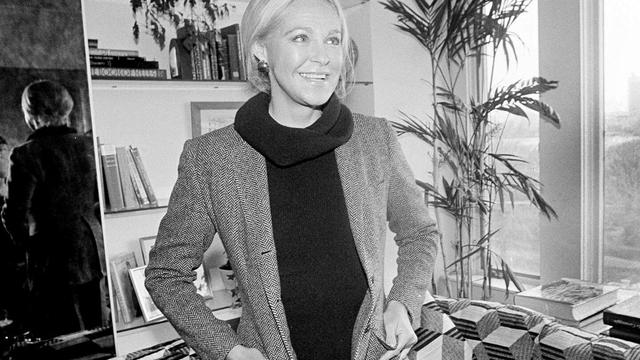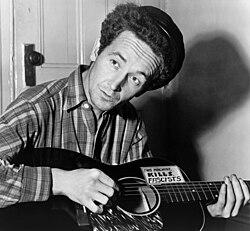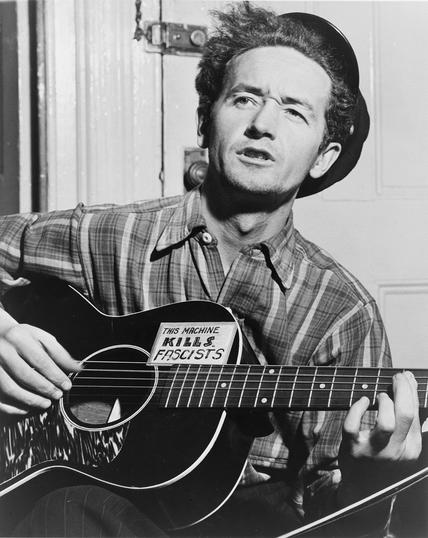#WoodyGuthrie
"The day Woody Guthrie painted 'this machine kills fascists' on his guitar
The concept of being an 'anti-fascist' in America during the 1940s wasn’t as polarising or bizarrely controversial as it has become a few generations later.
In the middle of World War II, folk singer Woody Guthrie, having recently seen his songs reach a wider, national audience, proudly wore his 'antifa' politics on his sleeve, or more specifically, on his guitar.
The concept of being an “anti-fascist” in America during the 1940s wasn’t as polarising or bizarrely controversial as it has become a few generations later.
In the middle of World War II, folk singer Woody Guthrie, having recently seen his songs reach a wider, national audience, proudly wore his “antifa” politics on his sleeve, or more specifically, on his guitar.
Shortly before the United States entered the war, Guthrie had captured the attention of the country with his first studio album, Dust Bowl Ballads, a collection of honest, gritty, often witty folk songs that retold the misery and romance of the Great Depression and migratory life in the American West. While not overtly political, Guthrie’s songs showed his compassion for everyday people and a more-than-implied frustration with America’s economic injustices.
His left-wing politics initially led Guthrie to join the anti-war movement, as well, campaigning against President Franklin Roosevelt’s suggestions that America might yet have to more directly involve itself in the conflict overseas. After Pearl Harbour and the deployment of thousands of US troops to the front lines, however, Guthrie repositioned himself, ultimately joining the US Merchant Marines and entertaining troops on ships headed over the Atlantic, writing tunes along the way like ‘Talking Merchant Marine’ and ‘All You Fascists Bound to Lose’. He was even aboard a ship that was torpedoed by a German U-boat off Utah Beach in July of 1944, surviving unscathed.
Shortly thereafter, back on American shores, Guthrie decided to cut two verses from his own 1944 recording of the soon-to-be-anthem ‘This Land Is Your Land’, setting aside the more socialist-leaning political statements from the song in favour of a more straightforward message of unity. Importantly, that welcome mat was not laid out to any Nazi-sympathising fascists still residing in the States.
In 1941, Guthrie had painted the iconic words 'This Machine Kills Fascists' on the body of his acoustic guitar for the first time. His fans understood the message. Woody wasn’t headed off to Germany to bash Nazis over the head with his six-string. Instead, the non-violent weapons of free communication, art, and compassion were the means by which future fascists and extremists might yet be peacefully de-radicalised. So long as a better concept of the world was attainable and accessible to people, something good could still emerge out of the horrors of World War II.
Guthrie continued decorating his guitar with variations of this message over the next few years, and even wrote about it in his diary in the spring of 1944. 'Today I feel just about like I always do feel when I get to feeling just like I feel today,' he wrote on March 28th. 'My big Gibson guitar has got a sign painted on it, says, ‘This Machine Kills Fascists.’ And it means just what it says too.'”
https://faroutmagazine.co.uk/day-woody-guthrie-painted-this-machine-kills-fascists-guitar/


